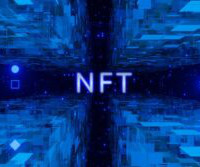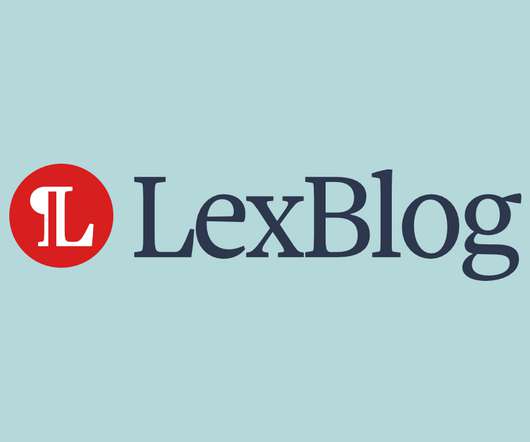Blurred Lines: How the Lack of Regulation of NFT Platforms Has Fueled Rampant Art Theft
IPilogue
JUNE 13, 2022
Still, the straightforward process for creating non-fungible tokens (NFT) has accelerated the theft of digital art. This recommendation would still require artists to verify the results and report an infringement to marketplaces. Second, marketplaces need to overhaul their process for verifying listings.













Let's personalize your content